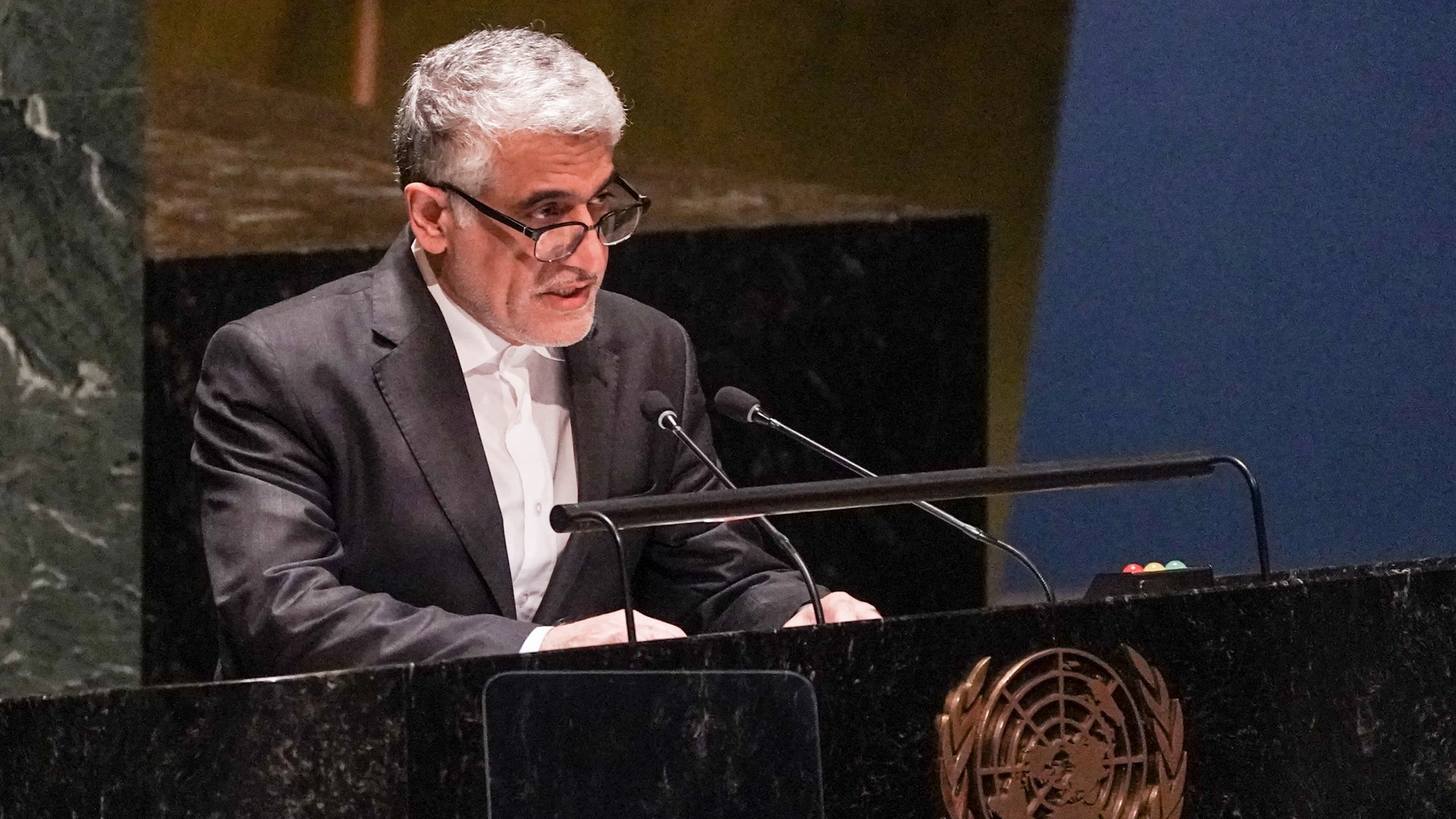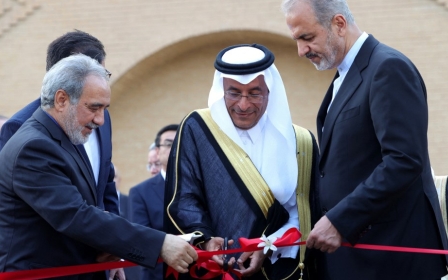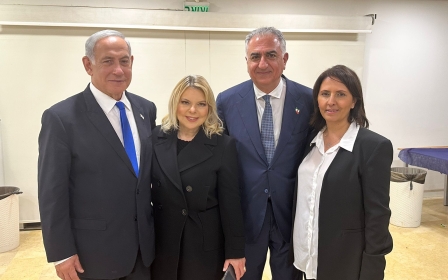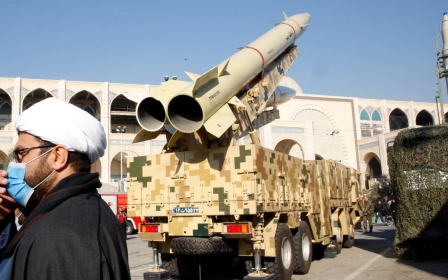Iran and US near interim deal on nuclear enrichment and oil exports

Iran and the United States are nearing a temporary deal that would swap some sanctions relief for reducing Iranian uranium enrichment activities, two sources with direct knowledge of the talks told Middle East Eye.
According to an Iranian official and a person close to negotiations, the talks have taken place directly on US soil, marking a notable development in the diplomatic process.
However, there is still reluctance on the US side to rejoin the 2015 nuclear deal known as the JCPOA, they said.
Leading the Iranian delegation is Amir Saeed Iravani, Iran's recently appointed ambassador to the United Nations, who also played a pivotal role in the initial stages of the Iran-Saudi Arabia reconciliation talks in Baghdad.
On the American side, Robert Malley, the US special envoy on Iran, has engaged in several face-to-face meetings with Iravani.
New MEE newsletter: Jerusalem Dispatch
Sign up to get the latest insights and analysis on Israel-Palestine, alongside Turkey Unpacked and other MEE newsletters
Negotiations have made significant headway and the two sides have reached an agreement on a temporary deal to take to their respective superiors, the sources said.
Under the terms of the deal, Iran would commit to ceasing its 60 percent-and-beyond uranium enrichment activities and would continue its cooperation with the International Atomic Energy Agency (IAEA) for the monitoring and verification of its nuclear programme.
In exchange, the sources said, Tehran would be allowed to export up to a million barrels of oil per day and gain access to its income and other frozen funds abroad.
Those funds would have to be exclusively used to purchase a range of essential items, including food and medication.
In addition to the bilateral talks between Iran and the US, Qatar has emerged as a facilitator, offering its assistance in resolving banking-related issues that have emerged as a significant point of contention.
Middle East Eye asked Malley and the Qatari foreign ministry for comment, without response. Later, a spokesperson for the White House National Security Council told Reuters: "Any reports of an interim deal are false." The Iranian mission to the UN then said: "Our comment is the same as the White House comment."
After Reuters asked the US State Department to confirm if Malley had been negotiating with Iravani, the news agency reported: "A State Department spokesperson declined to comment on any such talks, saying only that it had ways to pass messages to Iran but would not detail their content or how they were delivered."
Reuters also reported that two unnamed Iranian officials said "there had been progress but no agreement was imminent". A third said Malley and Iravani had met three times in the past week.
While the progress seems promising, the ultimate decision lies with senior Iranian officials.
Iravani has conveyed the details of the agreement to the senior decision-makers in Tehran for their approval. However, it remains uncertain whether the supreme leader and the national security council will give their consent.
Historically, Iranian authorities have been opposed to interim deals such as this, a former diplomatic official told MEE, especially during the 2017-2021 second presidential term of Hassan Rouhani.
According to the sources, Malley told the Iranians that President Joe Biden has no intention of returning to the JCPOA in its original form, which Donald Trump unilaterally pulled the US out of in 2018.
Malley also warned that if Iran begins 90 percent uranium enrichment, the Pentagon would take control of the Iranian nuclear issue from the State Department, the sources said.
Middle East Eye delivers independent and unrivalled coverage and analysis of the Middle East, North Africa and beyond. To learn more about republishing this content and the associated fees, please fill out this form. More about MEE can be found here.




